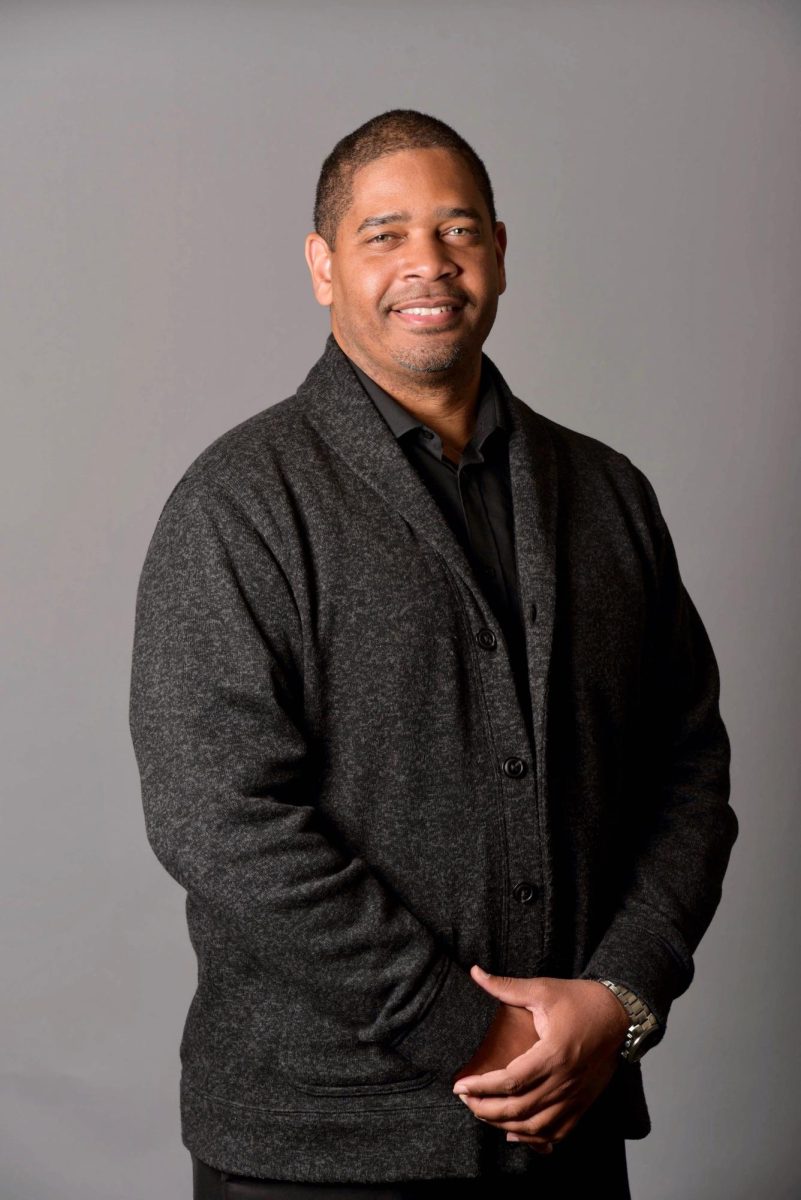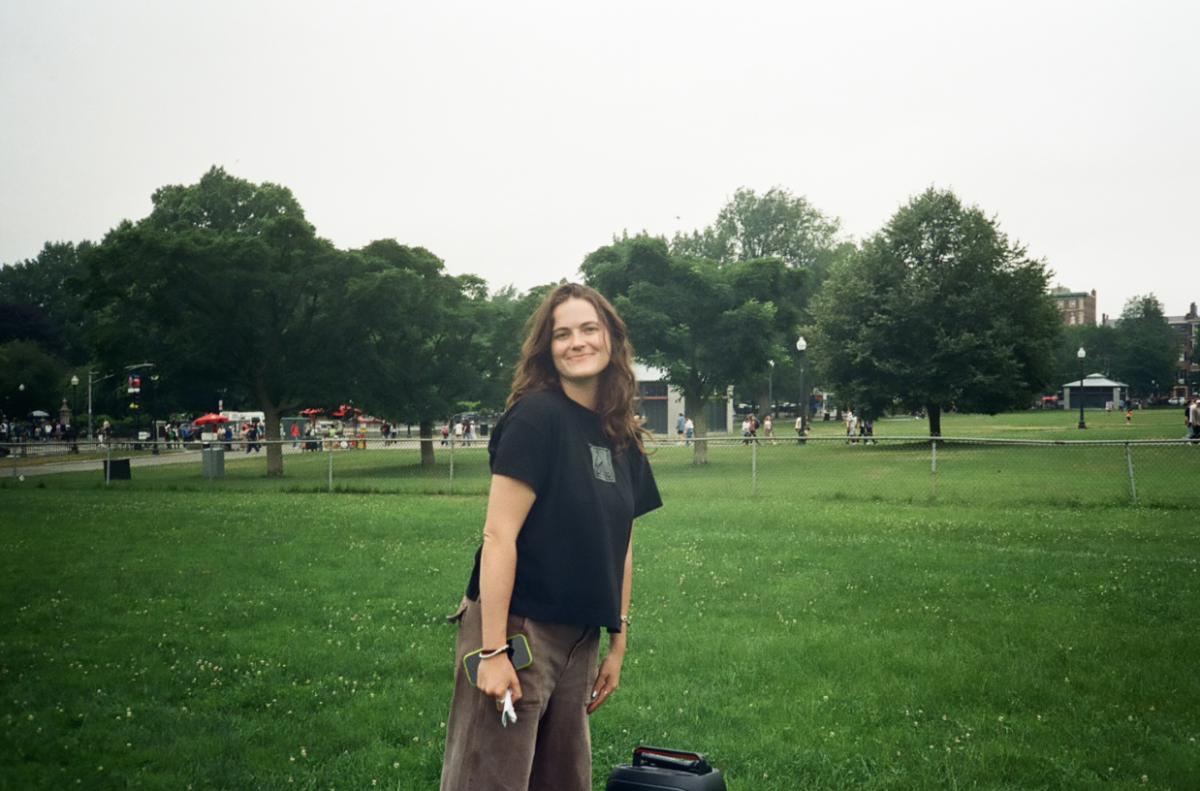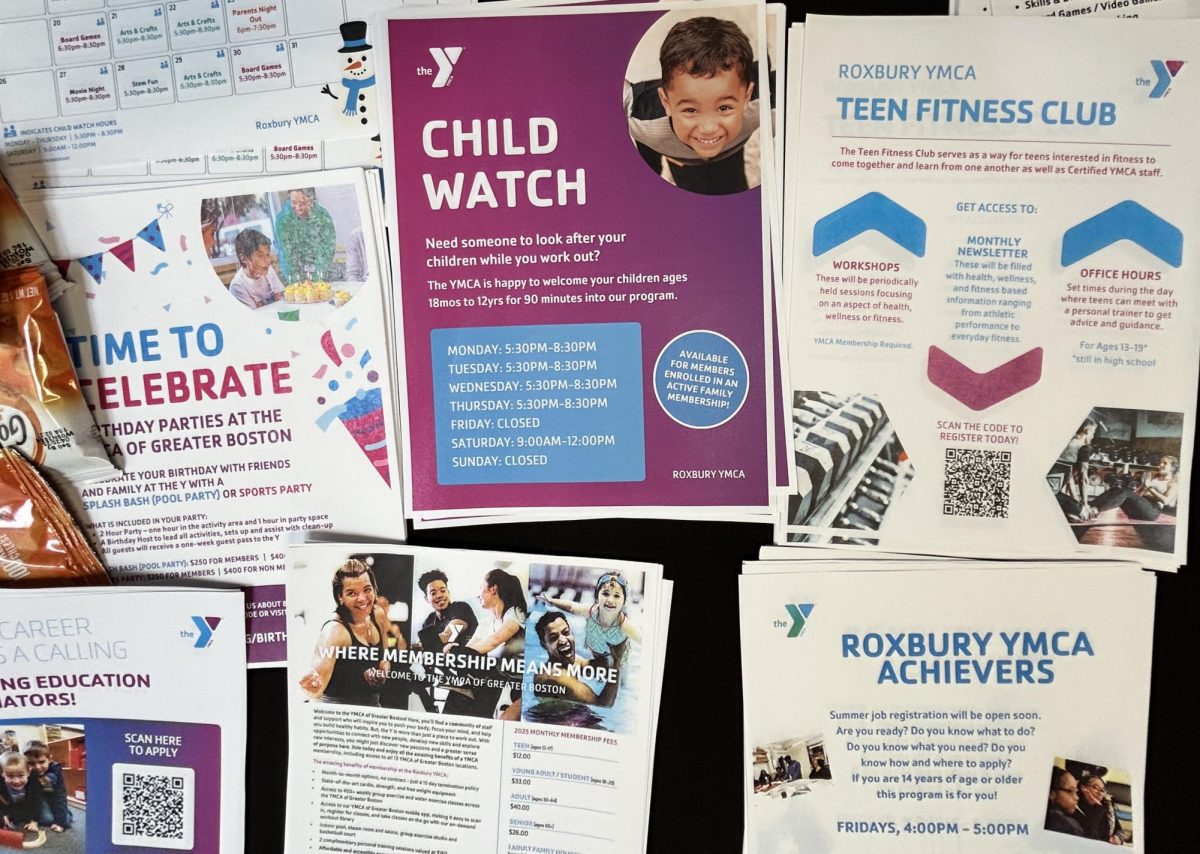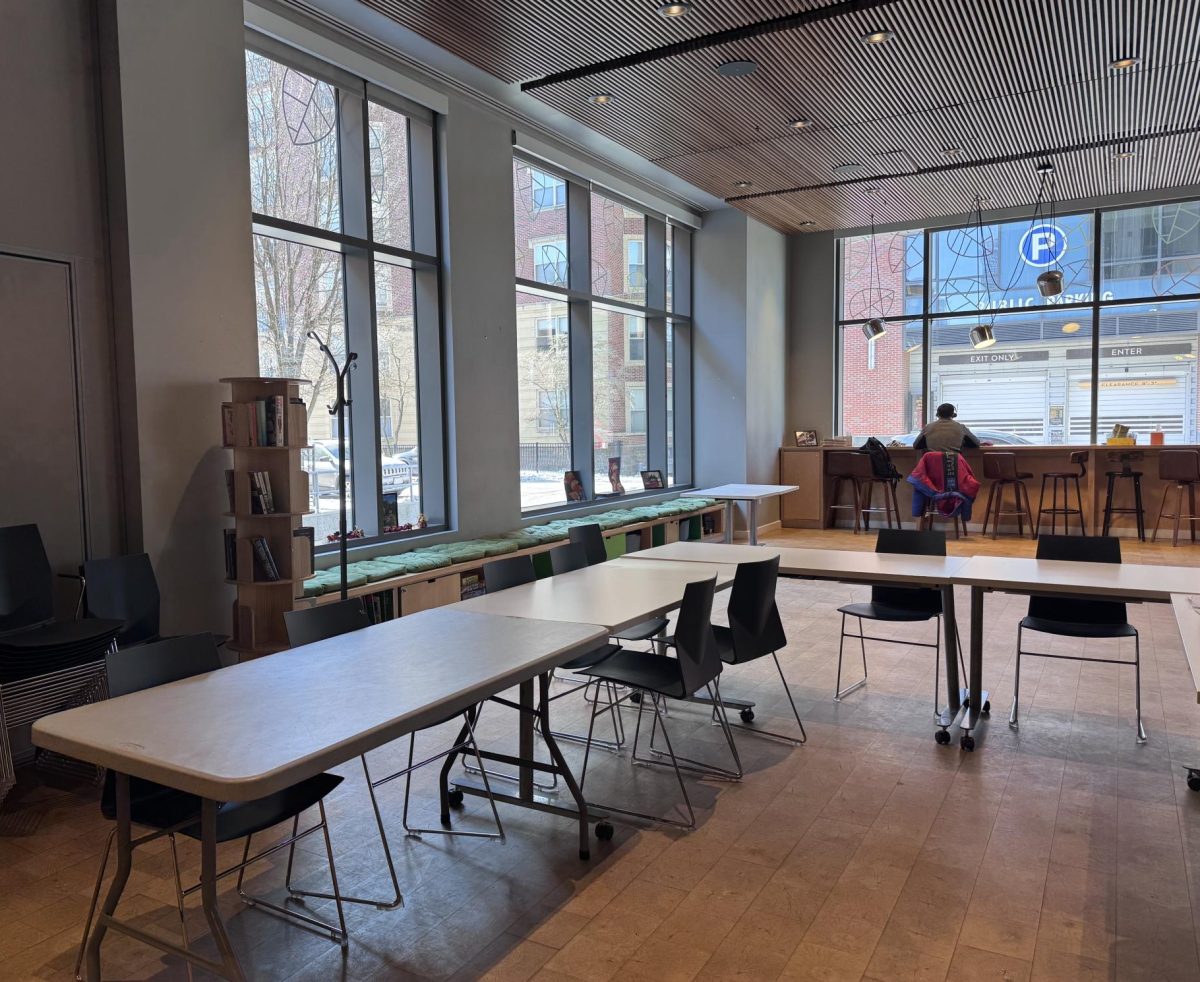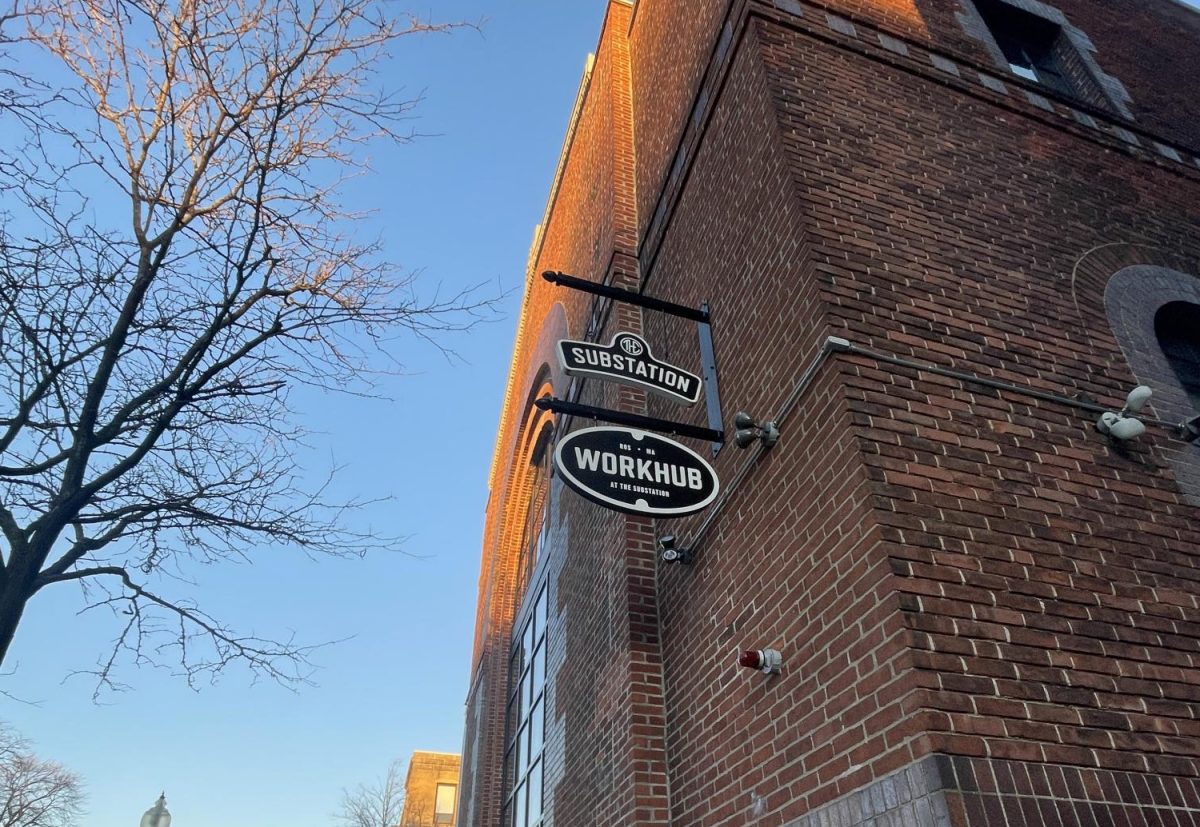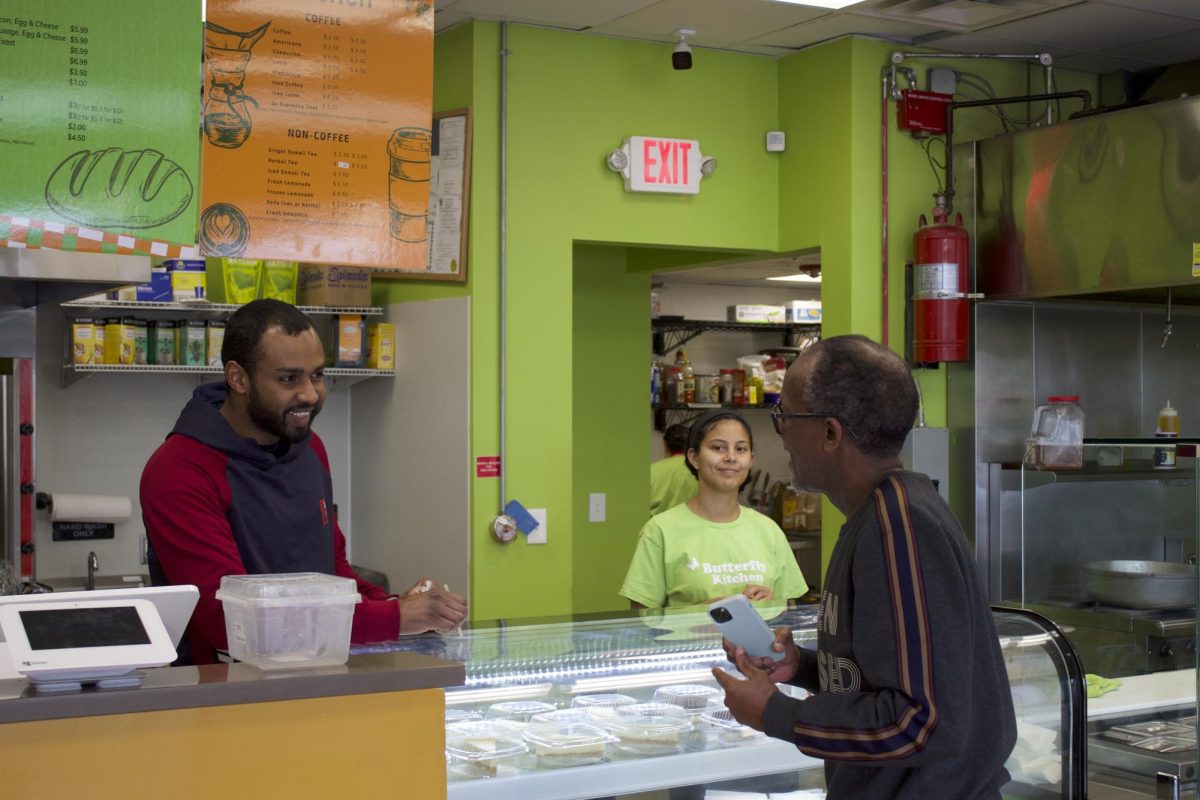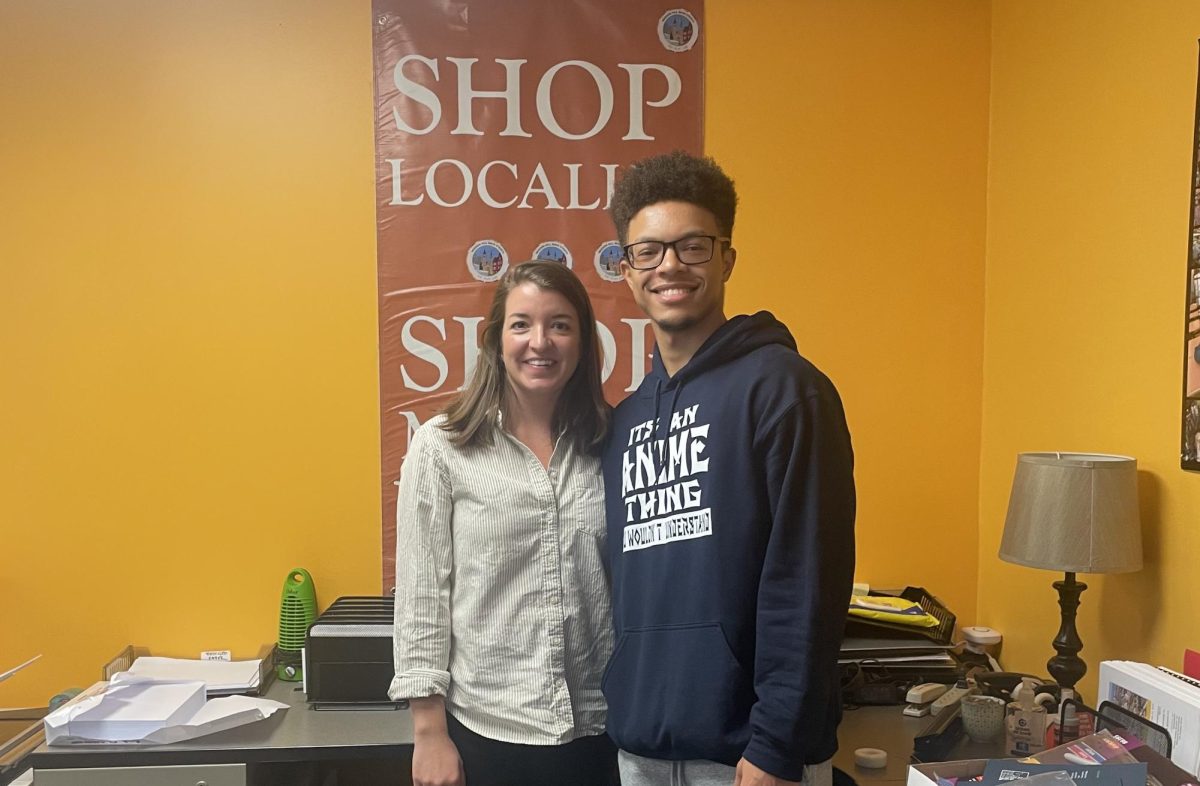Under Executive Director Eric Esteves’ leadership, Boston Main Streets Foundation has played a crucial role in fostering economic activity across Boston’s neighborhoods by offering resources to both new and long-standing small businesses. The foundation works in partnership with the City of Boston to ensure that these commercial districts are vibrant, diverse and accessible for all. Although Main Streets has had success in recent years, Boston’s small business owners continue to face challenges such as rising rent, recovering foot traffic from COVID-19, and keeping local culture and history strong as communities become more modern.
The Scope recently spoke with Esteves to discuss his work at the Boston Main Streets Foundation and learn about the organization’s impact on the community.
The interview has been edited for length and clarity.
Q: How has the Boston Main Streets Foundation helped transform local neighborhoods?
Over time, the Main Streets Initiative Program has allowed a lot of business districts to focus on either supporting and retaining longtime businesses or helping new business owners and entrepreneurs find storefront space. That is helping connect folks with property owners to then figure out what it means to secure leases and build-outs so that there is retail and commercial activity that ideally brings people to those different neighborhoods. An example is many of the farmers markets around the city are actually run by the Main Streets Foundation in some neighborhoods such as Ashmont and Roslindale.
Q: There is an ongoing conversation about Boston’s rising rent prices. How has the foundation been able to adapt to that, too, helping businesses who can’t afford to stay where they are?
There’s some connections to business grants that people can take advantage of at the state and city level, but it’s really about owners finding the best fit for their business. Some people have spaces that are probably too big for their business, so finding an optimal size is one thing.The unaffordability of rent is a big thing with people living and it’s less talked about in terms of commercial rent unaffordability.
One thing that has been happening recently, is some of the newer buildings have commercial condos, which gives the ability for a business to own the commercial space, and there are more businesses trying to seek out those opportunities. Some businesses have been in the same place for a while and they have plans to purchase the space from the landlord. However, in many cases, it’s not one size fits all. Some people own their space and that makes it affordable for them, and others have been renting for well over a decade.
Q: What are some of the biggest challenges you have faced during your time as director?
The biggest challenge has been trying to raise money. I have to raise money from both the business community and corporate sponsors, and I have to make the case for supporting small businesses. While it’s an obvious case and obvious rationale, I still have to make it compelling. I have to make it persuasive and convincing. Telling the story of business owners and entrepreneurs who are doing great things or have really unique stories or really have unique impacts on their communities.
Q: As Boston grows and gentrification becomes more prominent, how does the foundation balance preserving the cultural heritage of neighborhoods while promoting economic growth and innovation?
Gentrification is a hard thing to stop because it’s a big giant beast that sometimes feels like it steamrolls over everything, but also, sometimes the developers need to be a part of the conversation too. There’s certainly ways that people can engage and have people from the construction, real estate and development world also involved so that they’re having input with local business owners that do not want everything to be modernized and rebuilt.
The balance is a delicate one in that many of the districts have their own unique flavor and history in terms of different cultures, so I think it needs to be addressed on a hyper local basis. Main streets districts have their own separate nonprofit organizations, so they each have to recruit board members and those board members are usually a mix of community residents and business owners and also other stakeholders.
Q: Where do you see the Boston Main Streets Foundation in the next 5-10 years?
In the next 5-10 years, ideally the foundation will be playing a bigger role in the conversation about small businesses. Right now, we’re a supplement to the city because Main Streets is an umbrella, but it’s in some ways disconnected and disjointed. I think the foundation ideally would be playing a bigger role in helping to streamline some of the work, helping to bring about some efficiencies around promoting all of the Main Streets districts around the city. In terms of priorities, it’s primarily around helping to strengthen the capacity of each Main Streets district.


